eMERGENCY care OR URGENT CARE?
Choosing between emergency care or urgent care can be a difficult decision.
Your reason for needing medical attention will help you select between the two. A medical emergency is any medical condition in which you risk death or disability without immediate medical care. In these situations, you should obtain immediate emergency care. For any non-life-threatening conditions or injuries, you should seek attention from your local urgent care.
When to Obtain Emergency Care
Emergency care is treatment for a condition that requires prompt attention and may pose an immediate, serious health threat. Emergency care is most appropriate for the following symptoms:
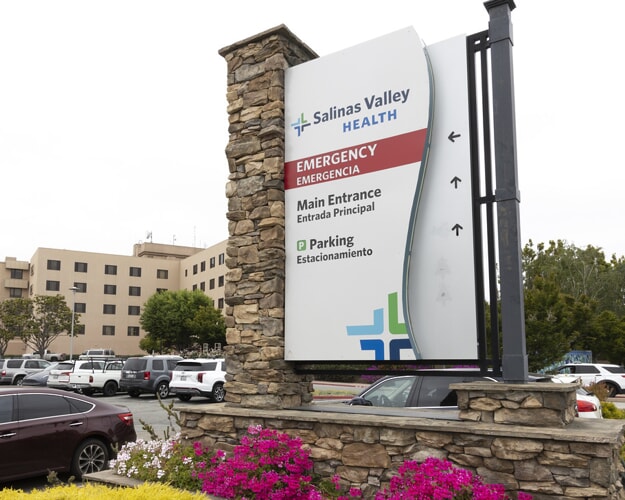
- Chest pain
- Any loss of consciousness
- Deep cuts, bleeding that will not stop
- Severe burns, electric shock
- Signs of stroke including facial drooping, arm weakness, slurred speech or difficulty forming words.
- Sudden dizziness, weakness or loss of coordination or balance
- Severe abdominal pain
- Sudden, severe headache
- Sudden blurred vision
- Difficulty breathing, severe allergic reactions, choking
- Injuries from a car accident, falls from a significant height, after swallowing poison
- Serious head or neck injuries, seizures
- Bone fractures with open wounds
- High fever that doesn’t improve with medication
- Suspicion of exposure to a serious communicable disease
- As directed by your doctor
When to Seek Urgent Care
Urgent care is treatment for a condition that requires prompt attention
but does not pose an immediate, serious health threat. Salinas Valley
Health has eight Doctors on Duty (an affiliate) urgent care locations
in the Central Coast region. Urgent care is most appropriate for the following symptoms: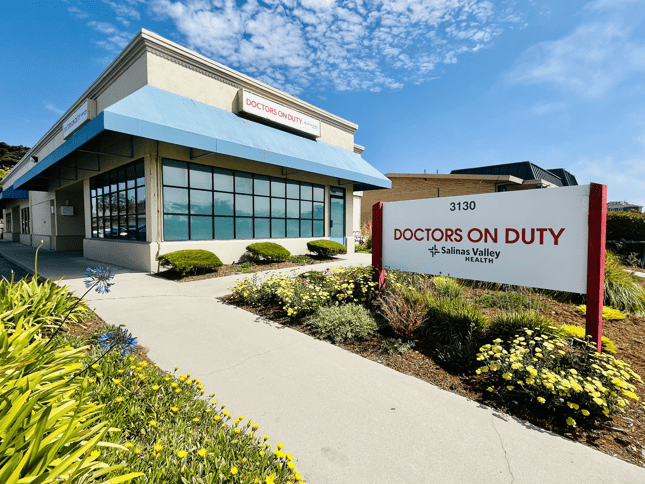
- Colds, coughs, sore throat, sinus infection, upper respiratory infection, flu, fever
- Minor injuries such as sprain, minor cuts including need for stitches, minor burns
- Vomiting, diarrhea
- Minor bone fractures
- Allergies, rashes, ear and eye infections
- Dizziness, nausea
- Migraines
- Urinary tract infections
- COVID testing and treatment
- Minor work injuries
- Childhood illnesses
- Immigration physicals and sports physicals
- Prescription refills
- If your doctor can’t be reached and the condition isn’t serious
- As directed by your doctor

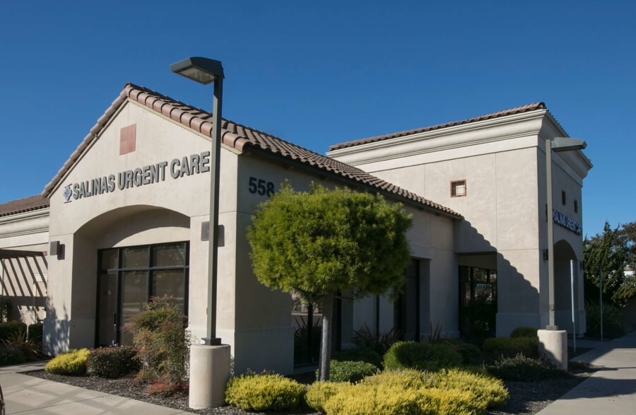
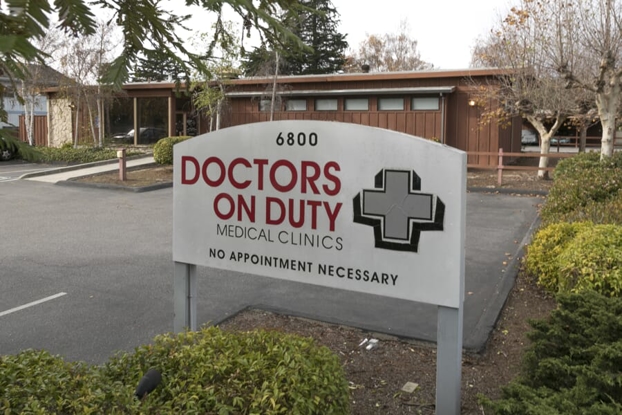


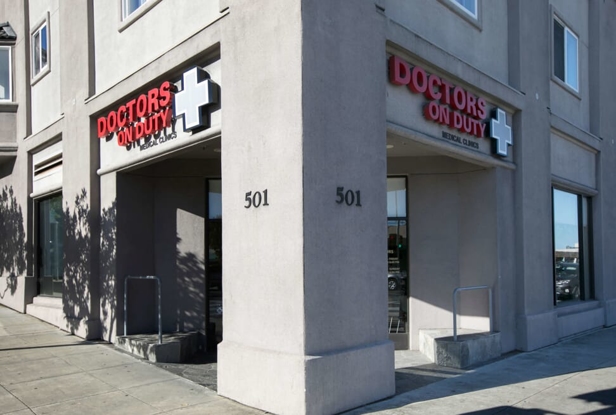
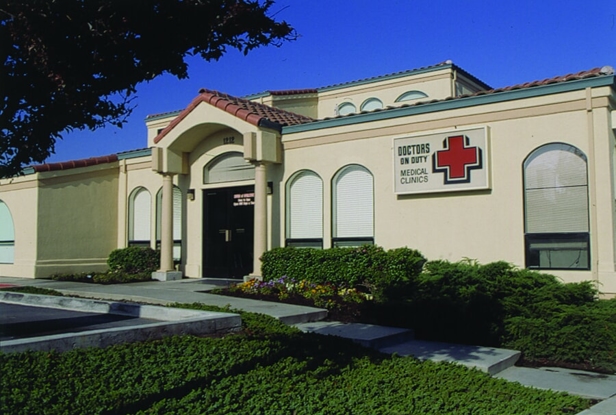
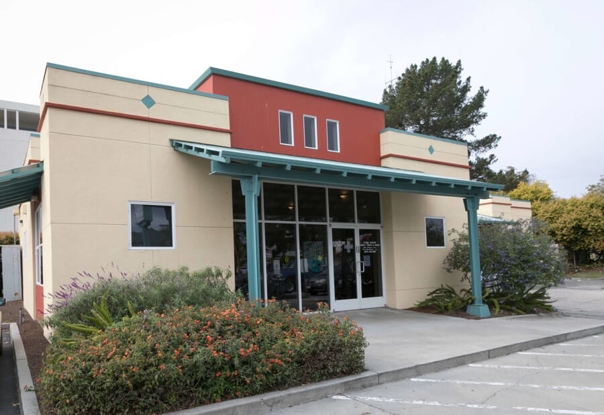
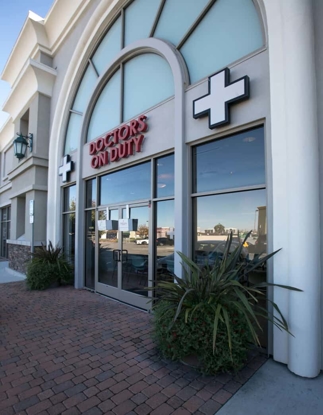
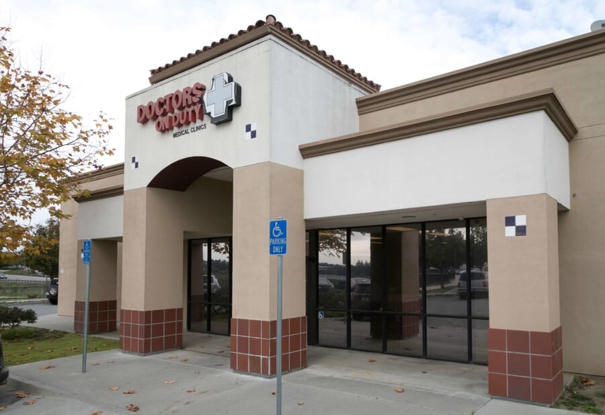
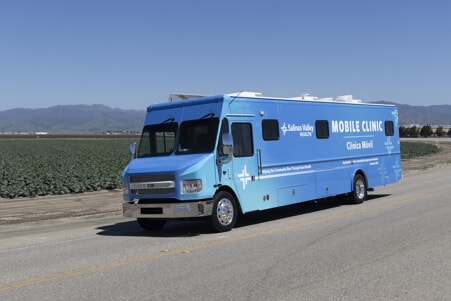 Another option includes walk-in clinics found at many pharmacies and some
grocery stores as well as our
Another option includes walk-in clinics found at many pharmacies and some
grocery stores as well as our